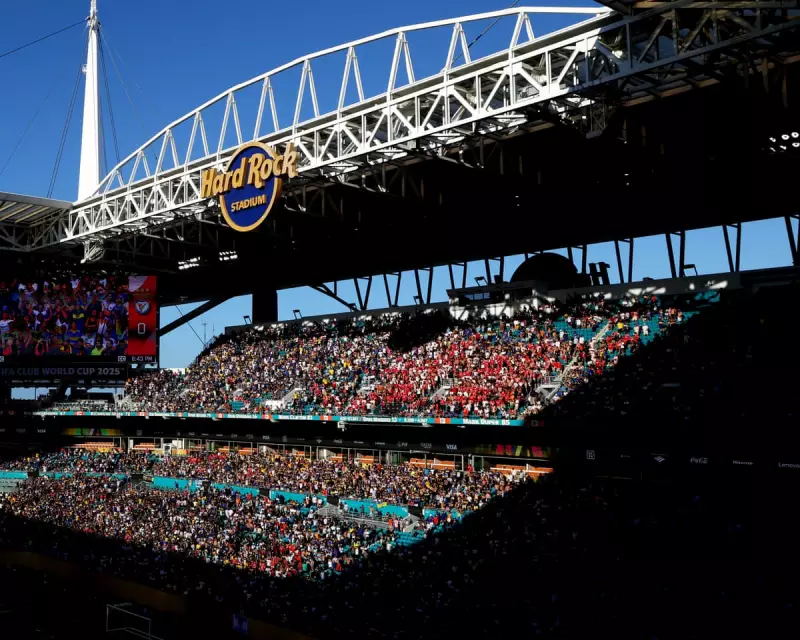
Spanish football is poised for its most significant international leap yet as La Liga president Javier Tebas confirms advanced plans to stage a competitive league match between Barcelona and Villarreal in Miami during the 2025-26 season.
The Transatlantic Football Revolution
In an exclusive revelation, Tebas disclosed that the groundbreaking fixture represents La Liga's determined push to globalise Spanish football, following years of legal and logistical challenges. This would mark the first official La Liga game ever played outside Spanish territory, setting a precedent that could reshape the football calendar.
Learning from Past Setbacks
The ambitious initiative comes after previous attempts to host games abroad faced fierce opposition. Tebas acknowledged the failed 2018 effort to stage Barcelona's match against Girona in Miami, which encountered resistance from UEFA, FIFA, and the Spanish football federation (RFEF).
"We've learned from past experiences," Tebas stated, emphasising the strategic approach this time. "The key difference now is securing all necessary approvals before announcement."
Why Miami Makes Strategic Sense
The choice of Miami as the host city reflects La Liga's targeted approach to the lucrative North American market:
- Established fan bases for both Barcelona and Villarreal in the region
- Growing Hispanic community with natural affinity for Spanish football
- Proven venue in the Miami Dolphins' stadium, designed for such events
- Strategic timing to capitalise on growing MLS interest
The Premier League Parallel
Tebas didn't shy away from comparing La Liga's ambitions with the Premier League's successful international marketing, though he emphasised the Spanish approach would be more measured. Unlike the proposed 39th game concept that sparked controversy in England, La Liga intends to move existing fixtures rather than create additional ones.
Overcoming the Final Hurdles
While excitement builds, significant challenges remain before the Miami fixture becomes reality:
- RFEF approval - The Spanish football federation's blessing remains crucial
- Broadcaster agreements - Navigating time zone differences and existing TV contracts
- Fan logistics - Ensuring travelling supporters can attend affordably
- Competitive integrity - Addressing concerns about pitch conditions and travel fatigue
Tebas remains optimistic, noting that "the internationalisation of La Liga is not just an option, but a necessity" in the modern football economy.
What This Means for Football's Future
This bold move signals Spanish football's determination to compete globally with the Premier League's financial might. Success in Miami could pave the way for regular overseas fixtures, potentially creating a new revenue stream that helps La Liga clubs narrow the financial gap with their English counterparts.
The eyes of the football world will be on this pioneering venture, which could either revolutionise how leagues operate internationally or serve as a cautionary tale about taking the game too far from its roots.





